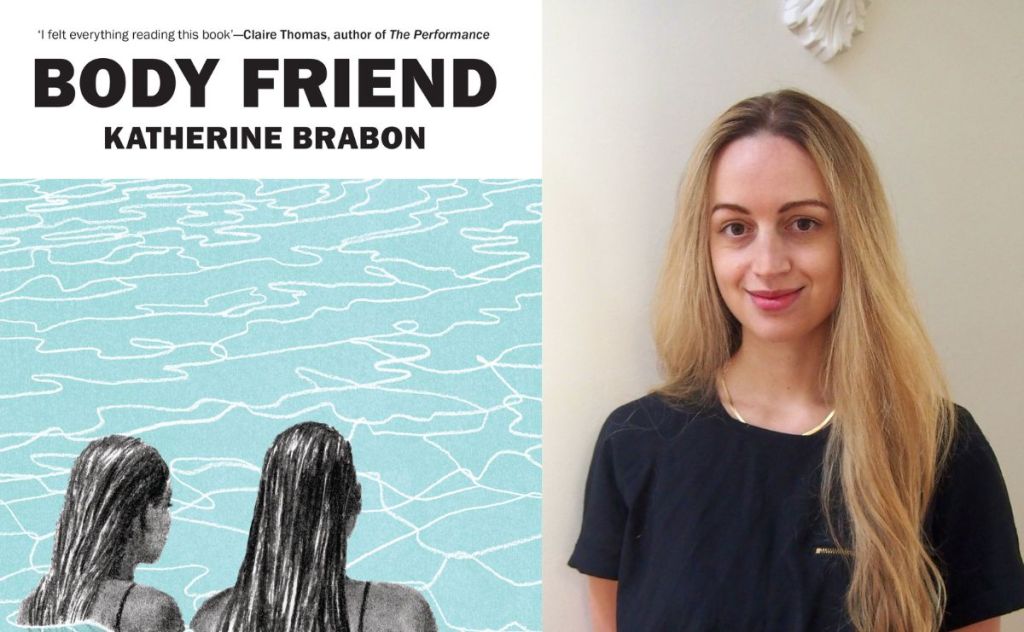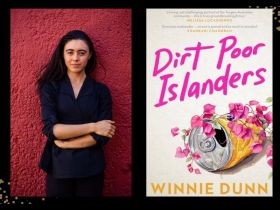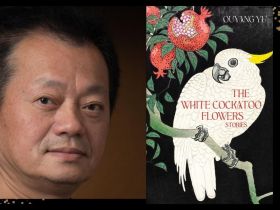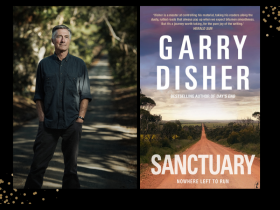Katherine Brabon’s third novel pays close attention to the body: how it moves through the world, and how it reacts to pain. Body Friend is an exploration of chronic illness, yet the narrative is angled in such a way that it adroitly avoids cliché. In Brabon’s hands, suffering is never dismissed; rather, it opens a space that is transformative, tender and contemplative.
The unnamed narrator lives with an autoimmune disease. While she is needled with pain, her youth and the seeming invisibility of her condition mean that she is caught within the complexities her body encapsulates. Living with her boyfriend, Tomasz, the narrator has always shaped her life to fit that of her partner: eating when he is hungry, sleeping when he is tired. While he does not complain about her delicate state, the reader is made aware of the feeling that Tomasz is forever on the edge of disappearing from his girlfriend’s life, leaving her to bear the weight of her suffering alone. The relationship between the two is symbiotic, edged with anxiety; it is both a salve for, and an irritant to, her condition.
After an operation, the narrator meets two women: one named Frida, the other Sylvia. These two never meet; rather, they embody different approaches to the body. As the novel gathers pace, the reader draws the dots between the muses for the two characters; they become representative of Frida Kahlo and Sylvia Plath. The central character’s instinct for mimetic alignment in her interpersonal relationships begins to grow as her friendships with the two develop.
She meets Frida at the aquatic centre where she has been encouraged to take up swimming to aid her recovery from the operation. Dynamic and dismissive of rest, Frida pushes her body to its limits. Sylvia, on the other hand – whom the narrator meets at a park – urges her to rest. Sensuously sedentary, Sylvia is antonymic to Frida’s anxious drive.
Both women bear curious similarities to her: their figures are alike, their movements synchronise and their bodies speak to each other in their bearing witness to pain. As she moulds herself to Frida and Sylvia – telling the reader that ‘with others, we become alternative versions of ourselves’ – the narrator finds herself drawn into a confessional mode. The selves she puts forward are both familiar and strange, she tells us – intimately of herself and yet, at the same time, detached and somehow alien. The self is volatile, just as the body is subject to instability.
The problem, she realises, is that the socially-contrived selves are not simply masks. ‘I am all of them,’ she says, ‘and this has always been the difficulty.’ At times, the newly-sprung friendships feel, for the narrator, like a return to youth: the intensity of them burns and the jagged edges of jealousy cut into her flesh as she splits her time between the two women.
At the centre of the novel, the body stands as a contradictory muse. Pain exists as an ‘intimate presence’ for the narrator. The three women are subject to the shifting parameters of their feelings regarding their embodied selves, and each ponder what it means to live through – and with – chronic illness.
Body Friend is beautifully intertextual. Drawing on Sylvia Plath’s poetry, Susan Sontag’s prose, Francesca Woodman’s photography and Peter Paul Rubens’ art, Brabon creates a bricolage of symbols in her novel. These help to drive the narrative – a collage of repeated references that punctuate the flow of the text.
Read: Exhibition review: Radiance: the art of Elisabeth Cummings, NAS Gallery
Body Friend is tender and expressive. Brabon’s writing is exquisitely constructed. Her prose holds quiet emotional weight – putting the reader in mind, particularly, of Elena Ferrante’s style – which is extraordinarily effective in capturing the lived realities of the body. Body Friend is a novel that clings to the mind long after it finishes.
Body Friend, Katherine Brabon
Publisher: Ultimo Press
ISBN: 9781761151781
Pages: 272 pp
Publication Date: 1 September 2023
RRP: $34.99





